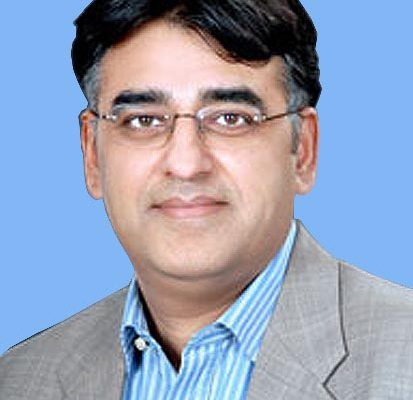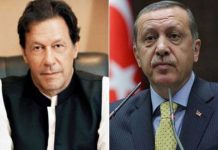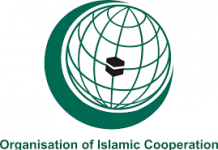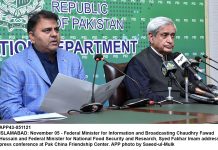Inflation rate in Pakistan spiked to 21.3% in June – the highest pace since 2008 – because of exponential growth in the prices of petroleum products, the Pakistan Bureau of Statistics (PBS) reported on Friday.
On a month-on-month basis, inflation soared to a 30-year high as it clocked in at 6.3% in the last month of the fiscal year 2021-22, compared to an increase of 0.4% in the previous month and a decrease of 0.3% in May 2021.
According to the
PBS, the CPI-based inflation rate jumped 19.8% in urban areas and 23.6% in villages and towns. The prices of both non-perishable and perishable food products increased significantly last month. The food group saw over a 24% increase in prices in June compared to the same month a year ago. Prices of perishable food items increased by 36.34%, according to the PBS. Non-food inflation increased by 17.3% in urban areas and 20.4% in rural areas, according to the national data collecting agency.
Core inflation – calculated after excluding food and energy goods – jumped by 11.5% in urban areas and 13.6% in rural areas. The prices of onions – an essential kitchen item – were higher by 124.3% last month compared to a year ago, followed by a 121.72% increase in the rates of tomatoes, and around 75% of various types of ghee and cooking oil, according to the PBS. The prices of pulses increased in a range of 30-75%, wheat by 31.86%, and rates of meat and chicken by almost 50%, according to the PBS.
Weekly inflation – based on the sensitive price index (SPI), spiked to a
decade high of 32.01% on a year-on-year basis during the week that ended on June 30. On a month-on-month basis, it increased by 3.63% during the last week of the fiscal year 2021-22. Sana Tawfiq from Arif Habib Ltd said that the inflation rate was “way above the market expectation.” “An increase came on the back of three sectors – food, transport, and housing and electricity,” she said, identifying four major reasons behind the whopping increase: 1) Low-base effect; 2) removal of subsidies on petroleum products; 3) increase in electricity tariffs; and 4) rising price of food items.
The analyst was of the view that the impact of a significant increase in the price of petroleum products as the coalition government rolled back the subsidies provided by the Imran Khan-led government was significantly reflected in June’s inflation rate. Sana elaborated that an increase in electricity tariff played a major role in the rise of the housing index.
The inflation rate remained double-digit – which has eroded people’s purchasing power – due to an increase in the prices of food items and petroleum products, which are now taxed by the government.
The pace of food inflation surged by 24% in cities and 27% in villages and towns last month. “Going forward, the CPI inflation rate
would remain under
pressure for the next two months; it
would start easing from September onwards; however, it
would still stay in double digits,” the analyst said. Regarding the monetary policy rate, scheduled to be a
nnounced on July 7, she noted that the central bank is expected to raise the policy rate by another 100 basis points.











.jpg)

